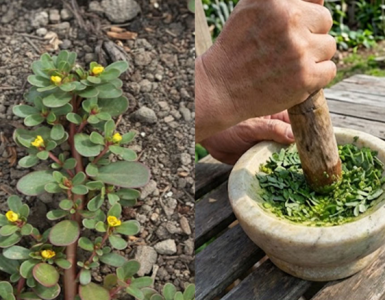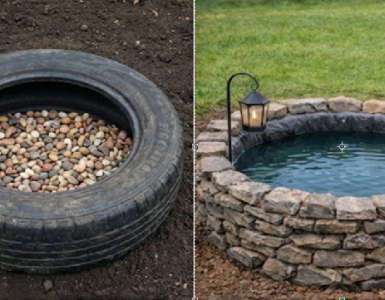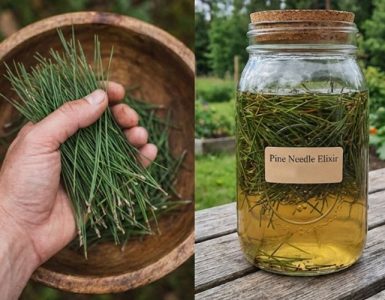Bay leaves, with their aromatic fragrance and culinary uses, are not just for flavoring your soups and stews. They can also be valuable additions to your garden, offering benefits beyond their culinary appeal. From natural pest repellents to enhancing soil fertility, here are three creative ways to utilize bay leaves in your garden:
Natural Pest Repellent:
Bay leaves contain compounds like eucalyptol and cineole, which have insect-repelling properties. By strategically placing bay leaves around your garden, you can help deter common pests such as flies, moths, and cockroaches. Simply scatter dried bay leaves near entry points to your home or garden, such as windowsills, doorways, and outdoor seating areas, to create a natural barrier against unwanted insects. You can also place bay leaves in pantry shelves to keep pests away from stored food items.
Mulch and Compost Addition:
Bay leaves can be a valuable addition to your compost pile or used directly as mulch around plants. As bay leaves decompose, they release essential nutrients into the soil, including nitrogen, potassium, and phosphorus, which are vital for plant growth. Incorporating bay leaves into your compost bin helps accelerate the decomposition process and produces nutrient-rich compost for your garden. Alternatively, you can shred bay leaves and spread them as mulch around plants to suppress weeds, retain moisture, and enrich the soil.
Companion Planting:
Incorporating bay laurel trees (Laurus nobilis) into your garden as companion plants can offer numerous benefits to neighboring crops. Bay laurel trees provide shade and shelter for smaller plants, helping to moderate temperature extremes and reduce moisture loss from the soil. Additionally, the aromatic oils released by bay leaves can help repel certain insect pests, protecting nearby vegetables and herbs from damage. Consider planting bay laurel trees alongside tomatoes, peppers, and beans to enhance their growth and overall health.
While bay leaves are generally safe to use in the garden, it’s essential to exercise caution when introducing them to sensitive plants or areas frequented by pets. Some animals may be attracted to the scent of bay leaves, so it’s best to keep them out of reach. Additionally, avoid overusing bay leaves in concentrated areas, as excessive decomposition may lead to nutrient imbalances in the soil.
Bay leaves are not only culinary staples but also valuable assets in the garden. By harnessing their natural properties, you can effectively manage pests, improve soil fertility, and promote the health and vitality of your plants. Whether used as a natural pest repellent, compost ingredient, or companion plant, bay leaves offer versatile solutions for gardeners seeking sustainable and eco-friendly gardening practices. So, next time you reach for bay leaves in the kitchen, remember their potential to enrich your garden as well.






Add comment